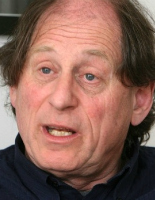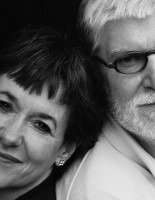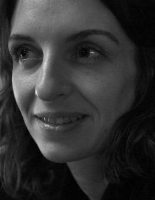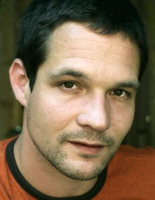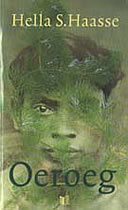
Hella Haasse - Oeroeg
For many Dutch people, this short novel was an eye-opening introduction to race relations in the colonial Dutch East Indies. In the brief scope of a novella, Haasse illuminates the funda-mental problems of the colonial system.
From early childhood, the white narrator of the story has been inseparable from his friend, a native boy called Oeroeg. Both gradually discover the nature of their positions in the colonial world. Many whites treat the natives in a careless, even reckless manner. Oeroeg’s father, a servant, becomes a victim of the negligent attitude of his master, the narrator’s father. The narrator’s bewilderment is set against the damage inflicted on Oeroeg by the hierarchy within which they both live. The native boy develops into a young nationalist. ‘I don’t need any help from you,’ Oeroeg snaps at the narrator, who is shocked to find himself suddenly ranked alongside the rest, as ‘you’.
He leaves for Europe, qualifies as an engineer and returns to the East Indies during the nationalists’ struggle for independence. There he meets Oeroeg again, an armed guerrilla fighter who regards him as the enemy. ‘Go away,’ says Oeroeg. ‘Go away, or I’ll shoot!’ Oeroeg represents the beloved East Indies, now heartrendingly foreign. Haasse’s remarkable description of this estrangement accounts for the novel’s status as a classic.
Biography
Hella S. Haasse was born in Batavia (present-day Jakarta) and moved to the Netherlands after finishing secondary school. In 1948 she made her name with Oeroeg, which quickly became a Dutch literary classic. In a Dark Wood Wandering (1949), The Insiders (1957) and Mrs Bentinck or Irreconcilable in Character (1978) were also extremely successful and in 1992 she published her much-acclaimed novel The Tea Merchants. When Haasse turns to contemporary settings for her novels and stories, she generally writes about ordinary people, characters engaged in a profound struggle with personal choices and circumstances. Haasse has received several prestigious literary awards.
Quotes
- ‘The Netherlands’ greatest author of historical novels.’ – NRC Handelsblad
